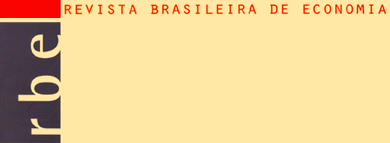The aim of this paper is to organize the main institutional characteristics of the American Health System, emphasizing the reforms that occurred during the age of seventy and the difficulties to regulate the private sector of medical and hospital services. The most part of these problems are related to the contract regulation between the providers of medical and hospital service and the patients. The analysis of the American case is justified mainly because it is the most consolidated experience of private health insurance. The United States is the only developed economy with reduced participation of the public sector in financing and providing services to the labor population. In 1965 the American govern created two health programs to guarantee health care to the population of 65 and over, Medicare, and to the family with low income, Medicaid. The creation of these programs were an answer to the market imperfections that result in exclusion of some social groups from the market of health services. From 1960 to 1975 the health expenditure in United States rose from about 5% of the inner product to 8%. The tendency of continued rising motivated The Health Maintenance Organization Act of 1973, which main objective was to reduce the medical and hospital expense allowing a new way of managing health insurance. The new system of managing health services called Managed Care is organized with contracts established between three agents: Managed Care Organizations that manage the utilization of health services and their financing, the Integrated Delivery Systems that are the organizations of hospital and providers and the providers. The contracts established with the Manage Care try to solve the problem of moral hazard that exists in the supply of health services. The main conclusion of this paper is to show that contract flexibility has a meaningful effect in reducing the costs of health insurance resulting in more efficiency of health care offered. This flexibility didn't result in complete elimination of State regulation in the health insurance sector. The regulation is very important to guarantee the stability of health plans.








